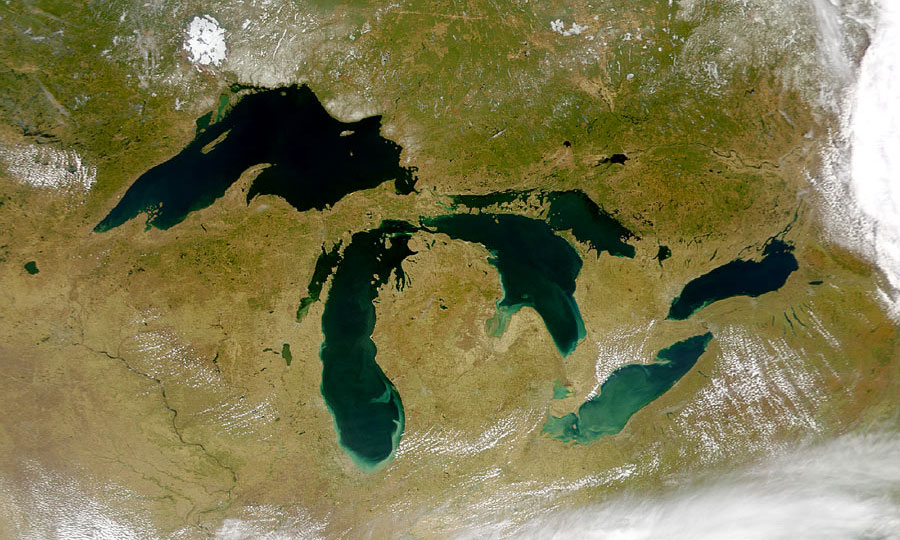Minneapolis became the first city in the nation to go entirely “perc-free” as the last dry cleaner switched over to a safer process. With help from the City of Minneapolis, the Minnesota Pollution Control Agency, East Isles Resident Association and Lowry Hill East Neighborhood Association, Osman Cleaners switched its machines over from using perchloroethylene – also called “perc” – to a process using clean solvents safer for employees, neighbors and customers. In less than six years since the City’s cost-sharing program began, Minneapolis has helped the last nine dry cleaners in the city using perchloroethylene replace their equipment to make the switch.
Perchloroethylene is the main chemical solvent used in dry cleaning. The Environmental Protection Agency classifies perchloroethylene as a “likely carcinogen”; it also has the potential to damage the kidneys, liver, immune system and blood system, and affect reproduction and fetal development. A 2015 Minneapolis Health Department study detected 99 occasions of perchloroethylene above levels that are considered health risks over a long period of time in outdoor, ambient air in Minneapolis.
Financial assistance from the neighborhood groups made this and other cost-prohibitive projects possible for small businesses and also laid groundwork for more healthy City-neighborhood partnerships.
The funds for the program come from pollution control fees that businesses pay to the City. Find more information about the City’s green business cost-sharing programs here.
